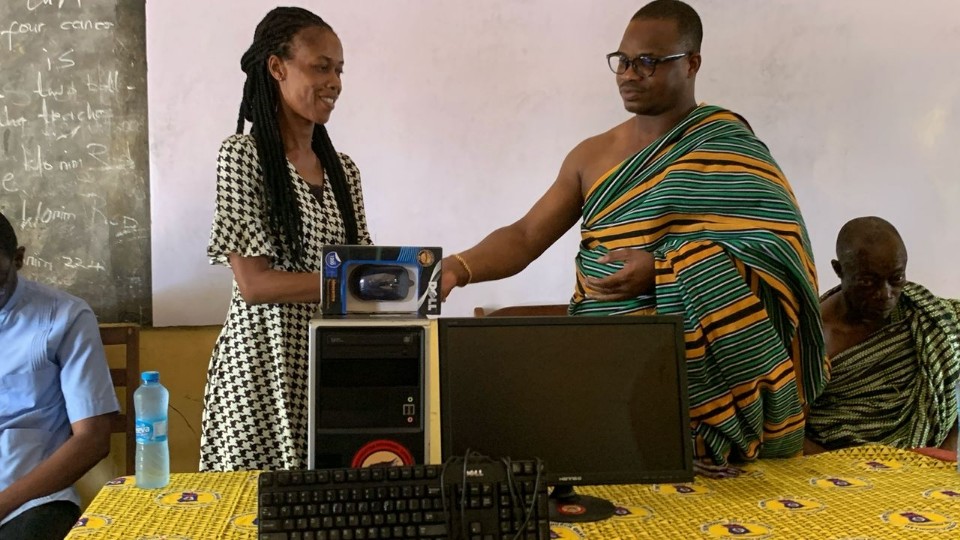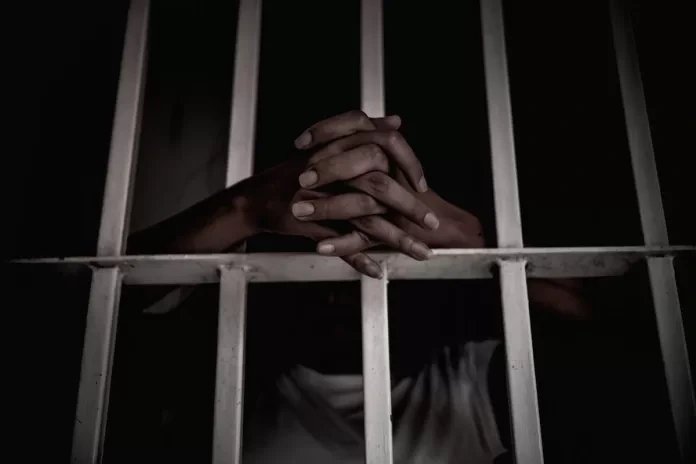Our Culture Is Not Idolatry – Fetish Priest Decries Disappearance of Traditions in Schools
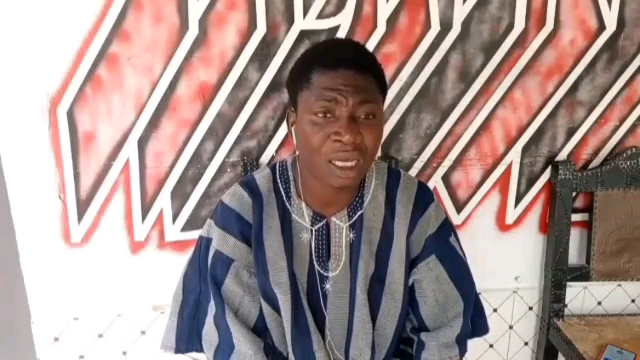
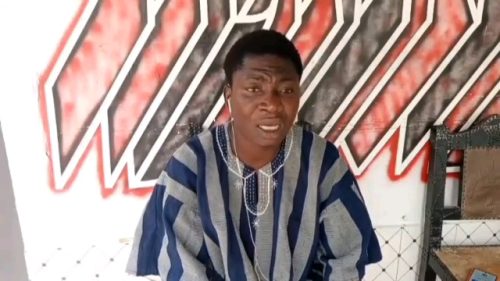
Nana Baffour Gyau, the Fetish Priest of the Asuo Pamoo Spiritual Home at Abofrem in the Atwima Mponua District of the Ashanti Region, has expressed deep concern over what he describes as the “misrepresentation and rejection” of Ghanaian traditional culture in schools. He lamented that many cultural practices are wrongly being labeled as idol worship, leading to their gradual disappearance from the country’s educational system.
Addressing participants at the 2025 Atwima Mponua District Inter-Schools Cultural Festival held at Ahyiresu, Nana Baffour Gyau called on the Ghana Education Service (GES) to correct this misconception and restore cultural education in schools. The event was held under the theme “Cultural Education: Empowering the Youth to Preserve Our Culture.”
According to the traditional spiritual leader, the demonization of indigenous practices has caused many schoolchildren to grow up alienated from their own cultural heritage. He stressed that Ghanaian culture—made up of values, customs, languages, music, folklore, and spirituality—forms the foundation of national identity and should not be regarded as idol worship. “These days, when you speak about culture in schools, some people quickly say it’s idol worship. That is very wrong. Our culture is not idolatry. Culture is the wisdom and way of life our ancestors passed down to us. It is what defines us as a people,” he explained passionately.

Nana Baffour Gyau criticized the way traditional festivals, libation rituals, ancestral veneration, and drumming ceremonies are often viewed as incompatible with Christianity or modern life. He argued that this misunderstanding is erasing the moral and communal values that culture once instilled in Ghanaian youth. “You cannot separate culture from our gods and ancestors. That doesn’t mean we are worshipping idols. It means we respect the spiritual elements that hold our communities together. Without our gods, the culture becomes empty,” he added.

He noted that in the past, children were taught their clan names, the meaning of their stools, puberty rites, and how to behave in the presence of chiefs and elders. But today, many pupils cannot even identify the significance of their hometown festivals or greet elders in their local dialect. “Christianity has played a role in wiping these values out of our schools. Our children can now sing hymns and preach in English, but they cannot perform a simple traditional song or recite our proverbs. That is a serious loss,” he said.
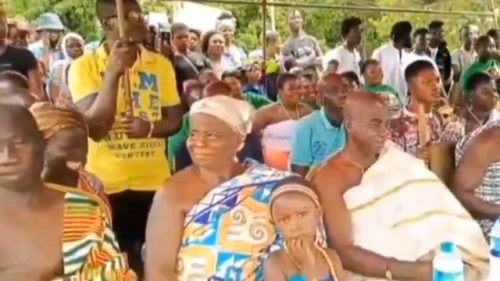
Despite his concerns, Nana Baffour Gyau emphasized that he is not against religion or the Christian faith. Rather, he advocates for balance—where children are taught to appreciate their cultural roots alongside religious instruction. He believes cultural education will help raise patriotic, respectful, and grounded youth who understand who they are and where they come from. “We need to teach our children that being African is not a sin. Let us bring back storytelling, drumming, folk songs, traditional dance, and local language proverbs into the classroom. These are not outdated practices; they are powerful tools for nation-building,” he stressed.

The Inter-Schools Cultural Festival, organized by the Ghana Education Service in the Ahyiresu Circuit, brought together basic school pupils from across the district to showcase their talents in poetry recitals, traditional dance, drumming, costume display, and folklore competitions. The festival was aimed at rekindling the interest of young people in Ghanaian heritage and identity.
Nana Baffour Gyau’s powerful remarks have since drawn support from educationists, cultural advocates, and traditional authorities, who agree that restoring cultural education in schools is vital for national cohesion and pride. Many have called on the Ministry of Education to strengthen the teaching of local culture, language, and history in Ghana’s curriculum and to ensure that cultural knowledge is passed on to the next generation.

